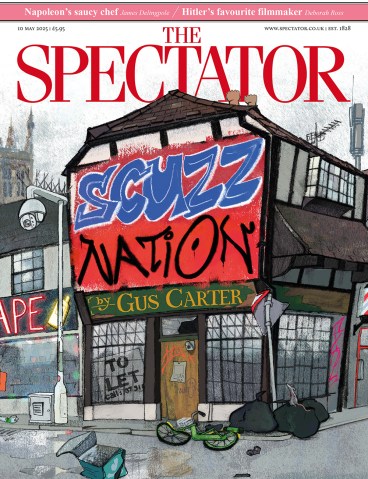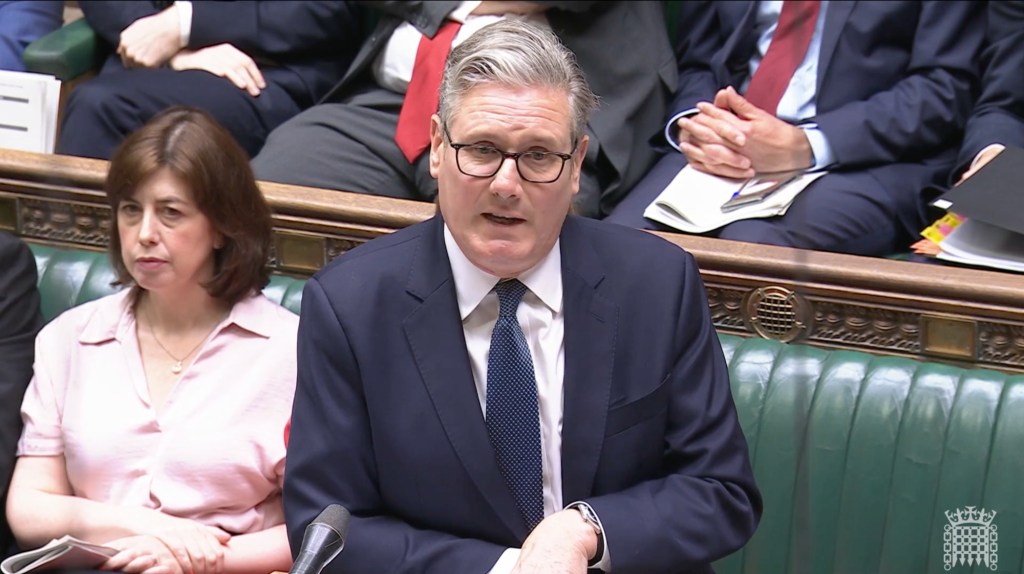
Any consideration of Stefan Collini’s subject has surely to address a major recent issue. The academic study of English, both at school and university, has fallen away significantly, with the numbers opting for it greatly diminishing. Anecdotal evidence from even the most serious institutions suggests that many students are now finding previously accessible texts impossible to read or understand – because of their length (Charles Dickens), their complexity of meaning (Alexander Pope) or remote sensibility or politics (Joseph Conrad). Collini has been given a generous amount of space to write his history. Despite this, he has chosen to end it more than 50 years ago. His subtitle is quite misleading. But that doesn’t prevent us from examining the foundations of the discipline he explores for the causes of the current decline.
There has, of course, been a discussion of English writing in serious institutional contexts for centuries. Alterations to copyright law after 1774 enabled publishers to issue works by relatively recent authors – collections in multiple volumes of poetry and fiction, like Anna Laetitia Barbauld’s 50-volume series ‘The British Novelists’ (1810). Although at first the study of the emerging accessible canon was informal, over time the institutional possibilities for the study of English literature were increasingly apparent. For example, it became the subject of examination questions for the Indian Civil Service. Public libraries spread after an 1850 Act (not, as Collini says, after 1890) and their guardians considered the availability of the best English classics as a crucial part of their job, though they often excluded novels altogether.
When, towards the end of the century, the academic study of English literature was beginning to be more seriously mooted, it was usually considered a subject for the less able. One proponent suggested it as appropriate for ‘the weaker candidates’ – ‘the women’ and ‘the second- or third-rate men who were to become schoolmasters’. Institutions that adopted it also felt the need to give what one sceptic called ‘dilettante teaching’ a bit of academic rigour. Examinations were often fact-based rather than exploratory. Collini is amused by one paper that just asked: ‘Who was Sir Thomas Browne?’ But I can’t help feeling that standards of academic achievement would be higher if most current first-year undergraduates could give a confident answer to such questions.
More systematically, the judgment of what ought to be considered took into account not just literary quality but the intellectual quality of the ideas contained, and even the moral standing of the works under consideration. If you envisage the subject of literary history as ‘the study of ideas through literature’, as one person put it, you will pass over most of the good stuff, thinking Pope’s Essay on Man more serious than The Dunciad. One early professor actually said that it was his duty to ‘inculcate lessons of virtue through the medium of the masters of our language’.
As a result, the remarkable situation arose, which persists to this day, unrecognised by Collini, that literature in English is not really the subject of English Literature at all. Most of the writers that have long been considered to be at the core of the literature have never been regarded as part of the academic canon – and, above all, anything funny not worth the risk of an academic career. Stephen Potter observed that the requirement that a work of literature be ‘edifying’ seemed to mean ‘not Byron’, and in 1914 a Cambridge prig pronounced with horror that the study of Dickens and Thackeray would be ‘entirely below the university’s dignity’.
Stephen Potter observed that the requirement that a work of literature be ‘edifying’ seemed to mean ‘not Byron’
Certainly the very idea that novels might be worth analysing seemed risible. C.S. Calverley wrote a famous comic exam paper on The Pickwick Papers which suggested the sort of academic study the Victorians thought inconceivable. In fact novels were scarcely regarded as part of English literature until after the second world war, and then, discouragingly, under F.R. Leavis’s strictures which would hardly admit any of the great Victorians.
There was also insistence on some systematic study of language alongside literary criticism. Collini is very damning about this – and no doubt many students found the required philology and Anglo-Saxon challenging. But the proper analysis of word formation and historical processes, such as the change in a word’s meaning, is extremely helpful in giving a proper understanding of literature. The old compulsory paper of the history of the language at Oxford was exemplary. Without it, faculties had a tendency to wander off into moral disquisitions and Greek tragedy where neither tutor nor student had the faintest idea what the words they were discussing actually were. Now that all of this has gone, part of the academic worth of the subject has come into serious question.
Collini notes that the first generation of English literature professors were either specialists from other disciplines, such as A.C. Bradley, or experienced literary journalists who worked in the marketplace. A good example is George Saintsbury, whose books are still impressive monuments of his dictum ‘read everything’. Studies from those early years are often more richly investigative than those from postwar academic professionals, and give rise to a suspicion that dons are not the most curious of readers. I have a book review from 1863 which gives intelligent consideration to 24 different novels, most in three volumes. You won’t see that degree of diligence in most academic productions.
Although Collini’s book is a very detailed study, the definition of its subject is unhelpfully narrow. Academic study is by no means the primary determiner of a canon. Trollope is there because of a revival of popular interest during the paper shortages of the second world war. When Collini ventures into the subject of the marketplace which directs literary activity, he soon loses his authority. It is comically unworldly to express bafflement over the ‘disabling’ question: ‘Why does one style give way to another?’ Obviously because an author sees he might make some money or get some acclaim from readers.
And sometimes the account of the practice of publication is absurdly incomplete. One startling assertion is that in the 19th century ‘most readers… did not read new books but books, and selections from books, from earlier periods’. The basis for this is the high cost of the three-volume novel. Collini either ignores or doesn’t know that three-volume publications were quickly followed by cheap editions, making new work easily available. He also ignores serialisation throughout the century, and part-publication exploited by the most celebrated authors between The Pickwick Papers and The Way We Live Now. Probably the most successful novel of the whole century, G.W.M. Reynolds’s The Mysteries of London (not mentioned by Collini) sold one million copies per issue, priced at a penny each. They went into a lot of libraries, including English language libraries in India, but not into academic literary study. ‘Most readers’, therefore, is nonsense.
I studied English Language and Literature at Oxford in the 1980s when it was as rigorous and valuable as it has ever been. You designed your own course, choosing authors who interested you within each term’s specified period. If you were cunning you avoided popular favourites such as Marvell and Keats and plunged instead (in my case) into court masques, Charles Churchill, Hoccleve and Regency biography.
Exam questions were about specific points which you could probably answer if you knew the texts. I remember writing about the multiple meanings of the word ‘nice’, and about the many associations of water in The Faerie Queene. It was an exercise in discovering what was there and finding stuff out in a structured and considered manner. There was an insistence on backing up claims with evidence and a focus on what literature is made out of: words. As a result, you were taught how to read, and the rigour and range gave you a proper ability to survey the grand subject of literature in English.
I’m not sure whether that still stands. It seems quite possible that university English departments have been defeated by the limitations of their students. You could take steps to remedy those limitations and teach your students how to read a novel by Thackeray. Or you could present them with accessible but trivial books. It must occur to even the most deluded academic that shifting emphasis in a module on Victorian fiction away from Dickens, Thackeray and Charlotte Brontë to three or four 1890s short stories on feminist themes is diminishing the value of the exercise. That has come about because of the founders’ insistence that the moral standing of a work of literature was the thing that mattered.
The situation at school study is even worse, to the point where any sensible person would have to conclude, presented with some truly awful books as shining examples, that English Literature was not worth their intellectual attention. It’s astonishing that, given the magnificence and inexhaustible fascination of literature in English, the people who have assumed the mantle of safeguarding and exploring it have brought it to this point. Total severance between the intelligent reader and the inherited literature of the language is, appallingly, quite possible to imagine.







Comments